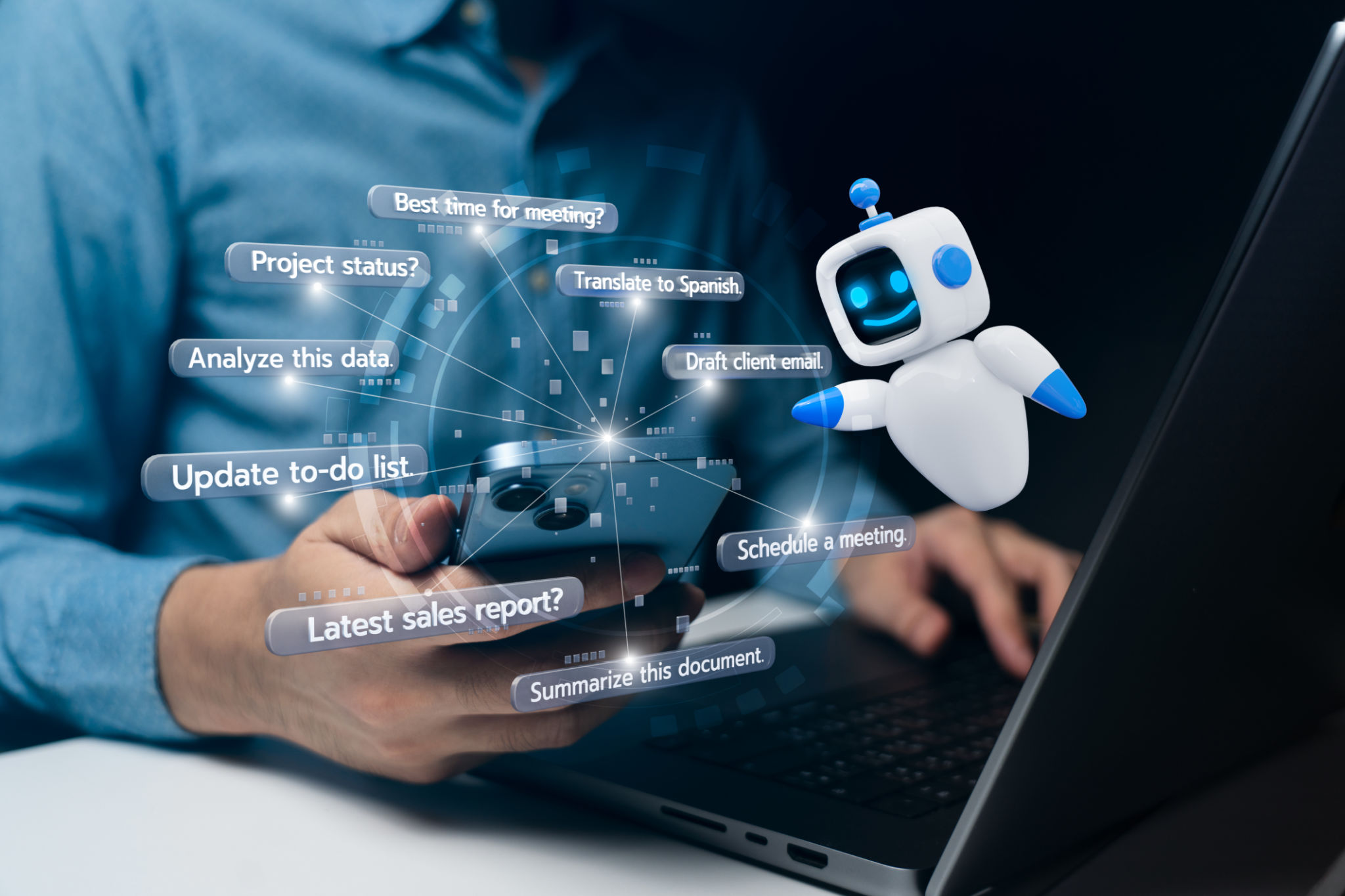The Future of Legal Artificial Intelligence: Trends and Predictions
Introduction to Legal AI
The integration of artificial intelligence (AI) into the legal sector is revolutionizing how legal services are delivered, offering unprecedented opportunities for efficiency and accuracy. As technology continues to advance, the future of legal AI promises to reshape the industry even further. This blog post explores the emerging trends and predictions for legal AI, providing insight into the transformative changes on the horizon.

Automation of Legal Processes
One of the most significant trends in legal AI is the automation of routine legal tasks. AI-powered tools are increasingly being used to automate document review, contract analysis, and due diligence processes. This automation allows legal professionals to focus on more strategic activities, enhancing productivity and reducing human error.
Moreover, AI-driven platforms can perform extensive legal research in a fraction of the time it would take a human. By leveraging natural language processing (NLP), these platforms can analyze vast amounts of legal data quickly and accurately, providing lawyers with comprehensive insights and recommendations.
Contract Management
AI is set to revolutionize contract management by automating the drafting, reviewing, and monitoring of contracts. With AI tools, legal teams can quickly identify discrepancies and potential risks within agreements. These technologies improve contract lifecycle management by ensuring compliance and reducing the time spent on manual reviews.
AI in Legal Research
The future of legal research is being shaped by AI's ability to process and analyze large datasets at incredible speeds. Predictive analytics tools use historical data to forecast case outcomes, helping lawyers strategize more effectively. This data-driven approach leads to better decision-making and enhances legal strategies.

Enhanced Decision-Making
AI's role in enhancing decision-making is profound. By using machine learning algorithms, AI systems can identify patterns in case law and predict judicial outcomes with a high degree of accuracy. This capability provides lawyers with valuable foresight, enabling them to advise their clients more effectively and tailor their strategies accordingly.
The Rise of Virtual Legal Assistants
Virtual legal assistants are becoming increasingly popular as AI technology continues to evolve. These assistants can handle a variety of tasks, from scheduling meetings to managing client communications. By automating these administrative tasks, virtual assistants free up valuable time for legal practitioners to focus on more complex issues.

Improved Client Interaction
AI-powered chatbots are transforming client interactions in the legal industry. These bots provide clients with instant responses to queries, improving service delivery and client satisfaction. As AI technology advances, chatbots will become even more sophisticated, offering personalized advice based on client-specific information.
Challenges and Ethical Considerations
While the future of legal AI holds immense promise, it also presents certain challenges and ethical considerations. Concerns around data privacy, bias in AI algorithms, and the potential loss of jobs due to automation need to be addressed. Maintaining transparency and accountability in AI-driven processes will be crucial as these technologies become more integrated into the legal framework.
The road ahead for legal AI is filled with both opportunities and challenges. By embracing technological advancements while addressing ethical concerns, the legal industry can harness the full potential of AI to deliver more efficient, accurate, and accessible legal services.
